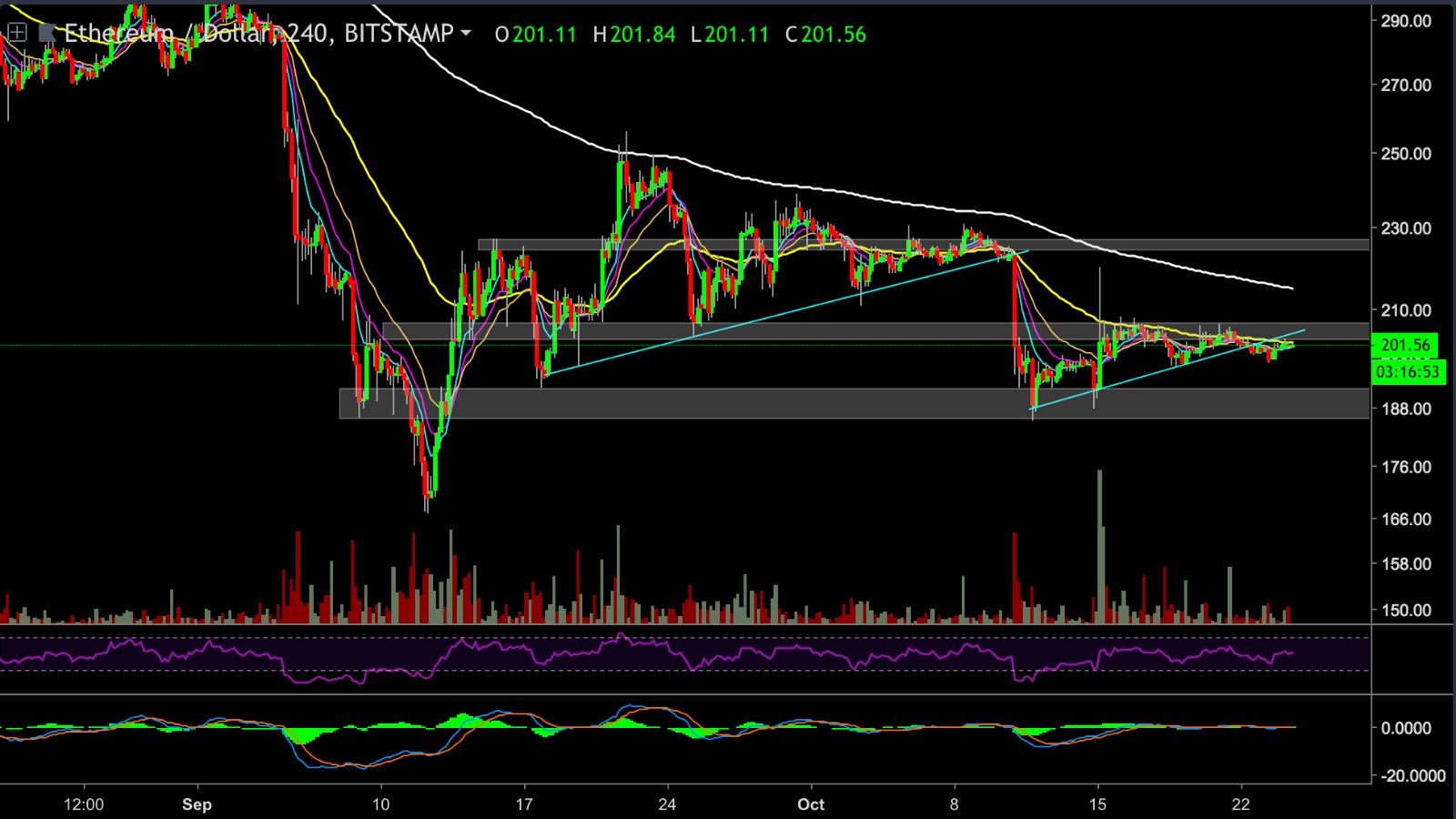4 Ways Users Can Keep Their Data and Crypto Safe during the Coronavirus Outbreak
The coronavirus outbreak has already become a pandemic and continues to spread around the world. While many users are already worried about their physical safety and health, hackers are now also exploiting the outbreak to launch a variety of attacks and scams.
Recently, hackers have been reported to have weaponized coronavirus map websites and apps. Users who visit these sites or download the apps in hopes of tracking reported cases of coronavirus infections may find their devices infected with a malware like variants of AZORult. The malware can perform a variety of tasks, including stealing financial information, access credentials, and even crypto wallet files. Attackers are also launching phishing scams that use information concerning the outbreak as bait to trick unwitting users.
As such, users must take the necessary precautions when performing online activities such as cryptocurrency transactions and trading these days. Because of these latest hacks and scams, there has been an uptick in interest in various security tools such as virtual private networks (VPNs) and antimalware. Using secure VPN and endpoint protection solutions have been considered essential practices that crypto enthusiasts should take to mitigate most hacking attempts.
It is a crucial time for users to revisit their cybersecurity posture. Here are four ways users can improve their defenses during these times.
1 – Use a VPN
Consumer VPN services are now also widely available, allowing users to benefit from the technology readily. Most popular VPN services provide browser extensions and device-specific clients to make configuration easy.
VPNs can help thwart breaches that look to steal sensitive information. Hackers can use spyware to actively track the data being sent and received by a browser or application. They can also perform man-in-the-middle (MITM) attacks wherein they hijack devices and network appliances to listen in on active connections. These methods allow them to intercept information such as login credentials and even crypto addresses and keys.
VPN connections encrypt all data that passes through them, making it much more difficult, if not nearly impossible, for hackers to make sense of data passing through the connection. VPNs can also mask a user’s actual IP address, which helps further boost one’s anonymity.
2 – Use secure wallets
Another way hackers can steal cryptocurrencies is by stealing access credentials to online wallet services. Online wallets maybe a whole lot more convenient as they can store a variety of cryptocurrencies and allow simple trading to fiat currencies.
However, they are still accessed using username and password combinations; these make them vulnerable. Hackers can attempt to use leaked access credentials from past hacks to gain access to these accounts.
It is advisable then for users to make use of secure wallets such as physical devices, decentralized wallets, and even paper wallets to store their crypto. If ever users have to keep an online wallet account, it’s highly advisable to use strong passphrases and to enable options such as multifactor authentication to authorize login attempts and trading transactions.
3 – Adopt endpoint security
Considering how sneaky modern malware can be, users also have to invest in keeping their devices secure. Malware can infect just about any device, and they can come from even the most unusual sources. Aside from the AZORult malware, some bogus coronavirus maps also reportedly inject ransomware to lockout mobile phones unless users make a $100 in bitcoin payment.
Fortunately, users can adopt endpoint security solutions to protect their devices from getting hacked. Many security solutions now offer multilayer protection for computers and mobile devices. Essential antivirus features include real-time threat detection and removal. These tools should also feature continuous support and updates to their virus and malware definitions database. Users should also look into software security that also offers ransomware protection.
4 – Beware of phishing
People are also actively looking for information about the outbreak, leading to a significant increase in coronavirus scams. Fraudulent emails and text messages with content related to the coronavirus lure users into clicking links or attachments infected with malware. When the link is clicked, spyware is installed so that hackers can record any activity done on compromised mobile devices. Some phishing emails are disguised as emails from health organizations and even ask for Bitcoin donations.
To avoid falling for these scams, users must thoroughly check the email headers if the domain names, the servers, and the email addresses check out even if they use email services with decent filtering. Users must also avoid clicking or tapping links from text messages or emails, especially when they’re not directly addressed to them. Messages riddled with grammar and spelling errors should be red flags, meaning they’re not from legitimate sources.
Use caution
Hackers are taking advantage of the fear and confusion that the coronavirus has caused. It is only right that people use caution whenever they use their devices and perform sensitive tasks such as managing their cryptocurrencies. Users must keep themselves updated with the ways hackers can attack and equip themselves with the knowledge and tools to defend against these threats.
The post 4 Ways Users Can Keep Their Data and Crypto Safe during the Coronavirus Outbreak appeared first on CryptoPotato.









